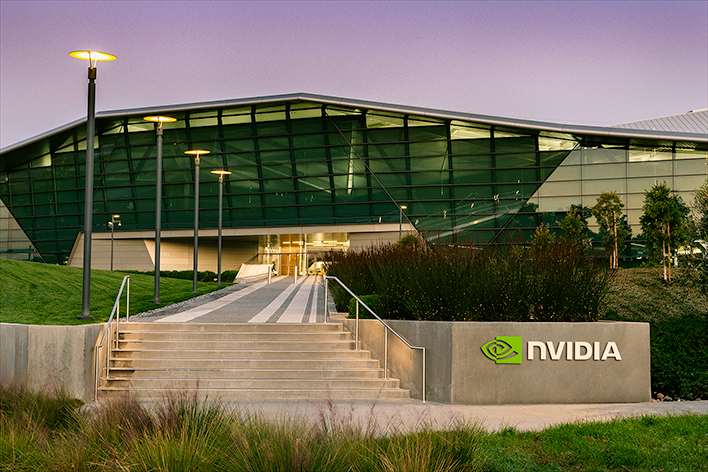NVIDIA Offers The EU Concessions To Bolster Blockbuster Arm Buyout Bid

In case you've been out of the loop the last ten years, processors based on the Arm ISA (Instruction Set Architecture) have basically conquered mobile computing and much of the IoT, and they're making inroads into areas typically dominated by other ISAs (like X86), too. Due to its relatively-permissive licensing, Arm has been seen as a sort of "Switzerland" in the microprocessor wars. NVIDIA is one of Arm's biggest licensees, and in September of last year, the green giant announced its intentions to purchase Arm from current owner Softbank.
The announcement was met with a great variation of reactions across the industry, ranging from the support of Mediatek, Broadcom, and Marvell; the notable silence of Apple; the self-interested concern of Google, Microsoft, and Samsung; and the open hostility of Qualcomm. NVIDIA CEO Jensen Huang was confident that the deal could be closed by March 2022, but the latest developments could see the EU put the kibosh on those plans.
In a filing with the EU today, NVIDIA offered concessions to the EU's antitrust review in an attempt to secure that agency's approval for the $54 billion USD acquisition of the British chip design house. Exactly what concessions NVIDIA offered are not public, but typically it would be an offer to make changes to the business or divest certain operations.
The EU set a deadline of October 27th to reach its decision on the purchase, but it still has to shuffle the concessions offer around NVIDIA's rivals and Arm's customers before deciding on the matter. Bloomberg seems to think that, rather than speed things along, this event is likely to make the EU extend its review period by "at least another four months."
NVIDIA promised that it would maintain Arm as a neutral entity despite its ownership, but that has done little to assuage the concerns of its detractors, like Qualcomm. The American creator of Snapdragon chips has talked about forming a consortium of Arm's licensees to invest in the company if the NVIDIA deal falls through.
The EU isn't the only regulatory body that NVIDIA has to satisfy, either. The UK's Competition and Markets Authority (CMA) is still deliberating over whether to open an in-depth probe regarding the sale, and there are still concerns over whether China might object, even though none of the companies involved are Chinese. The Chinese government owns a 51% stake in Arm China, so it may move to block the sale to protect its investments there.

